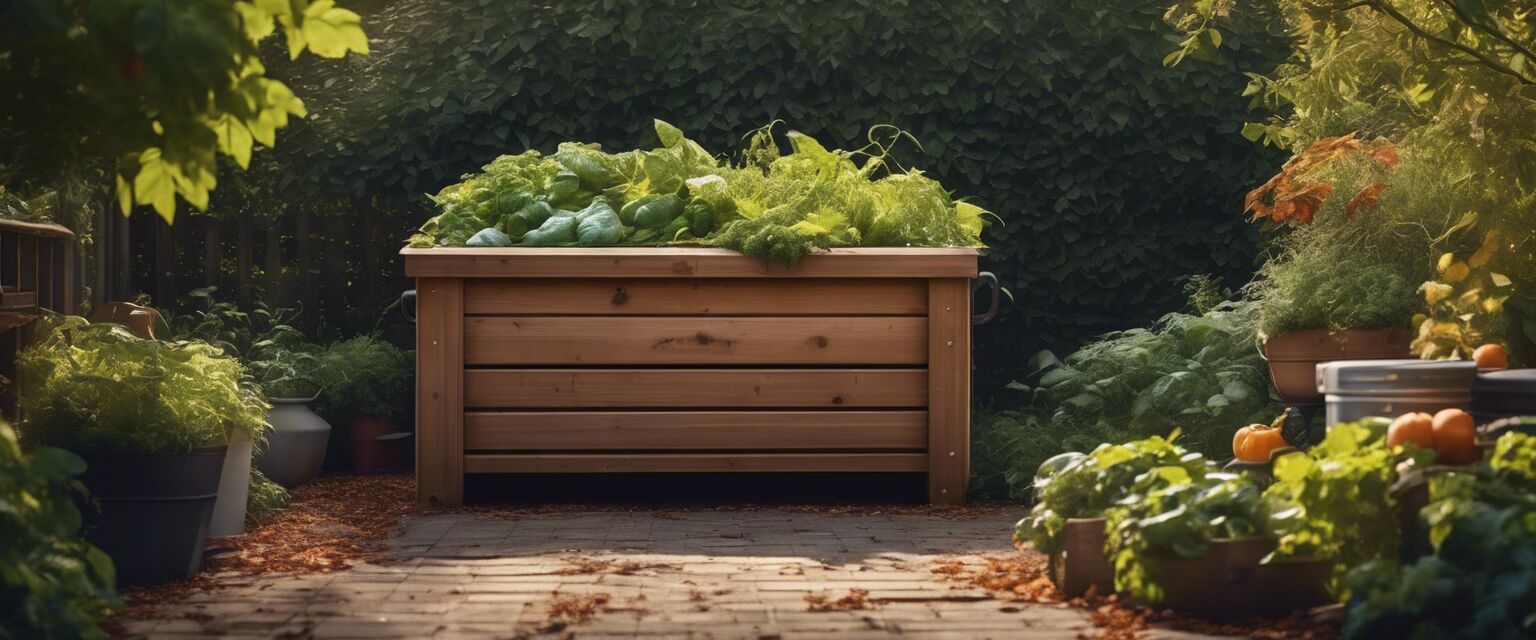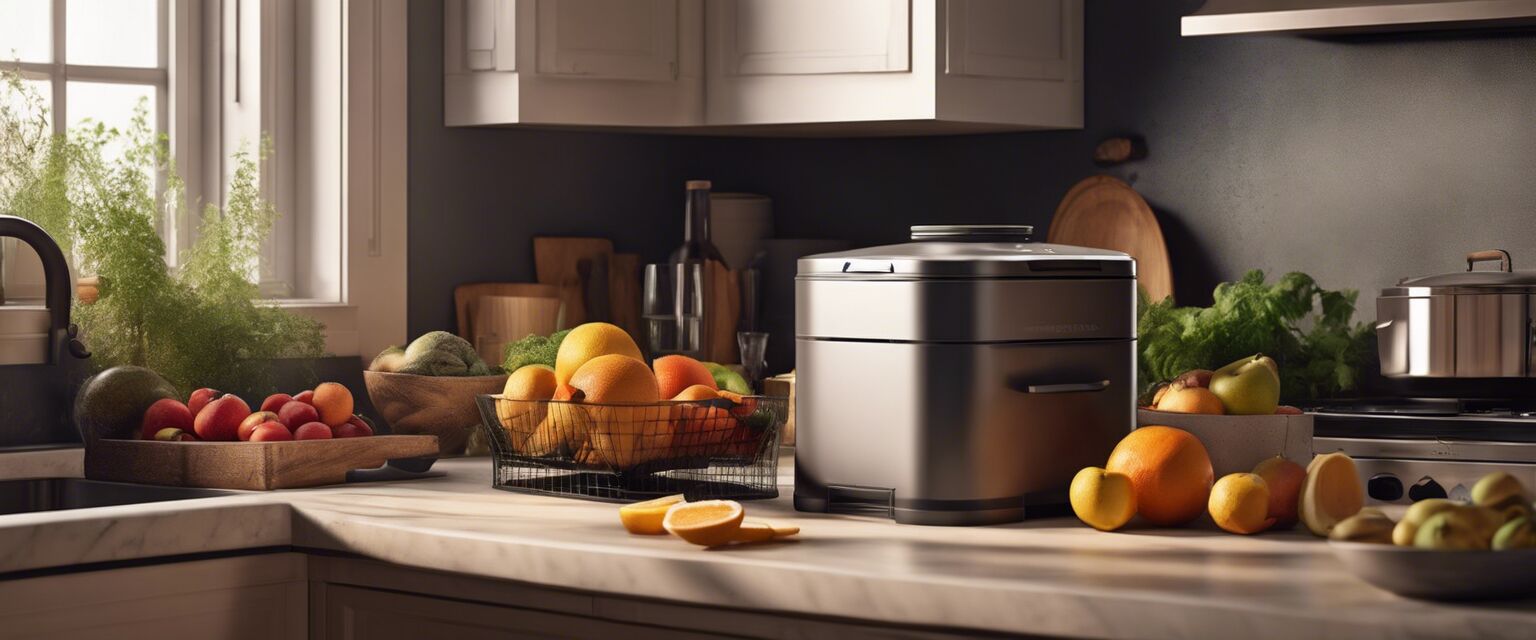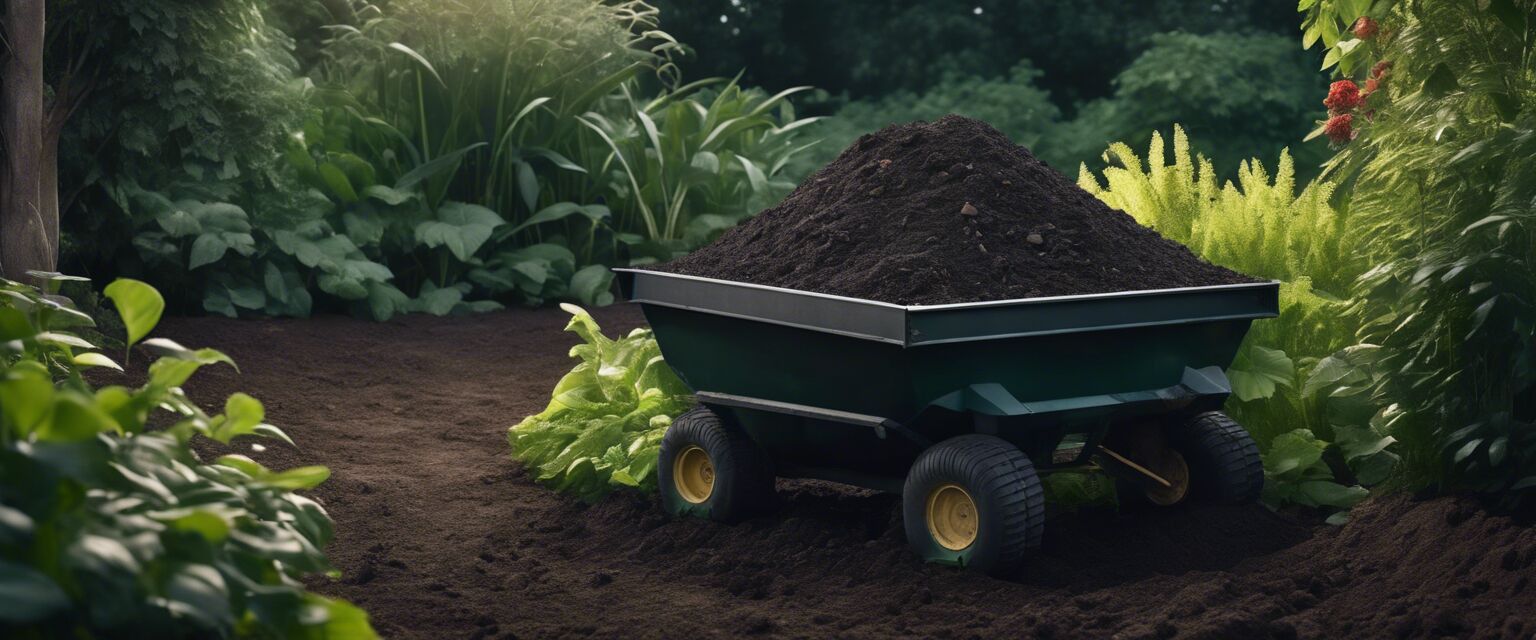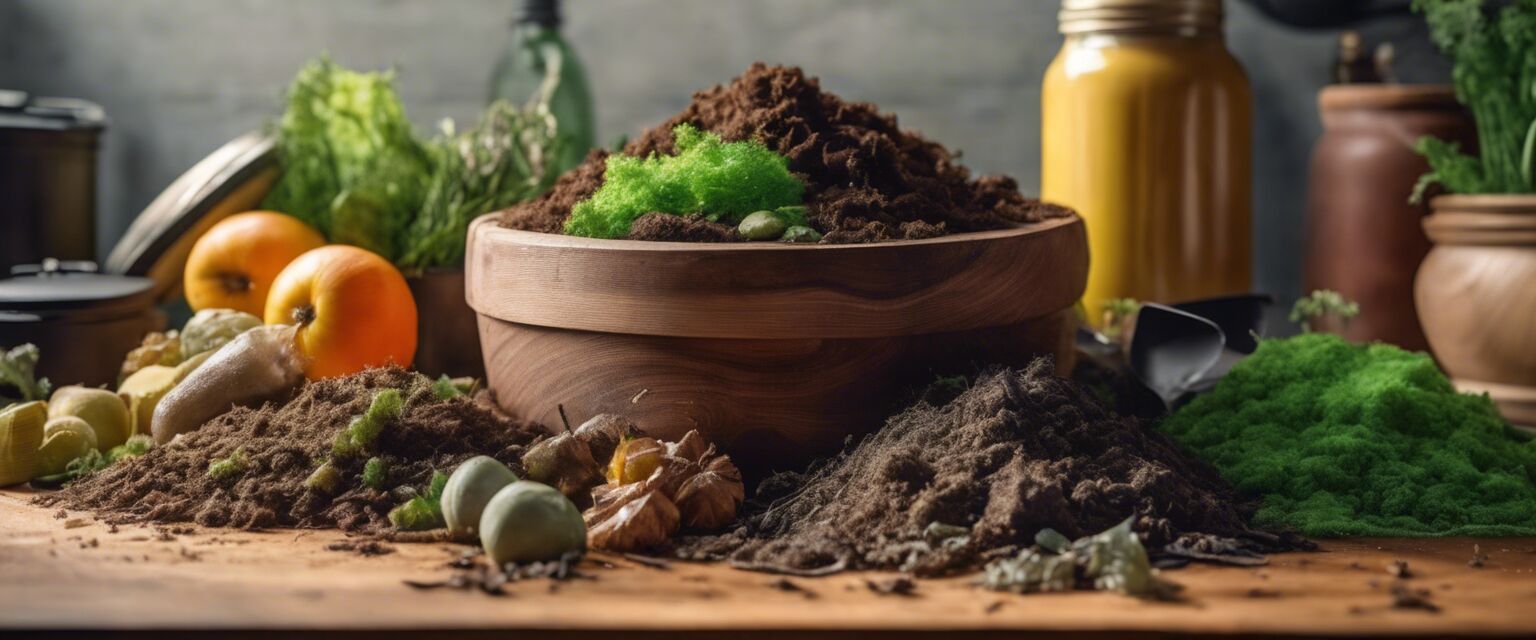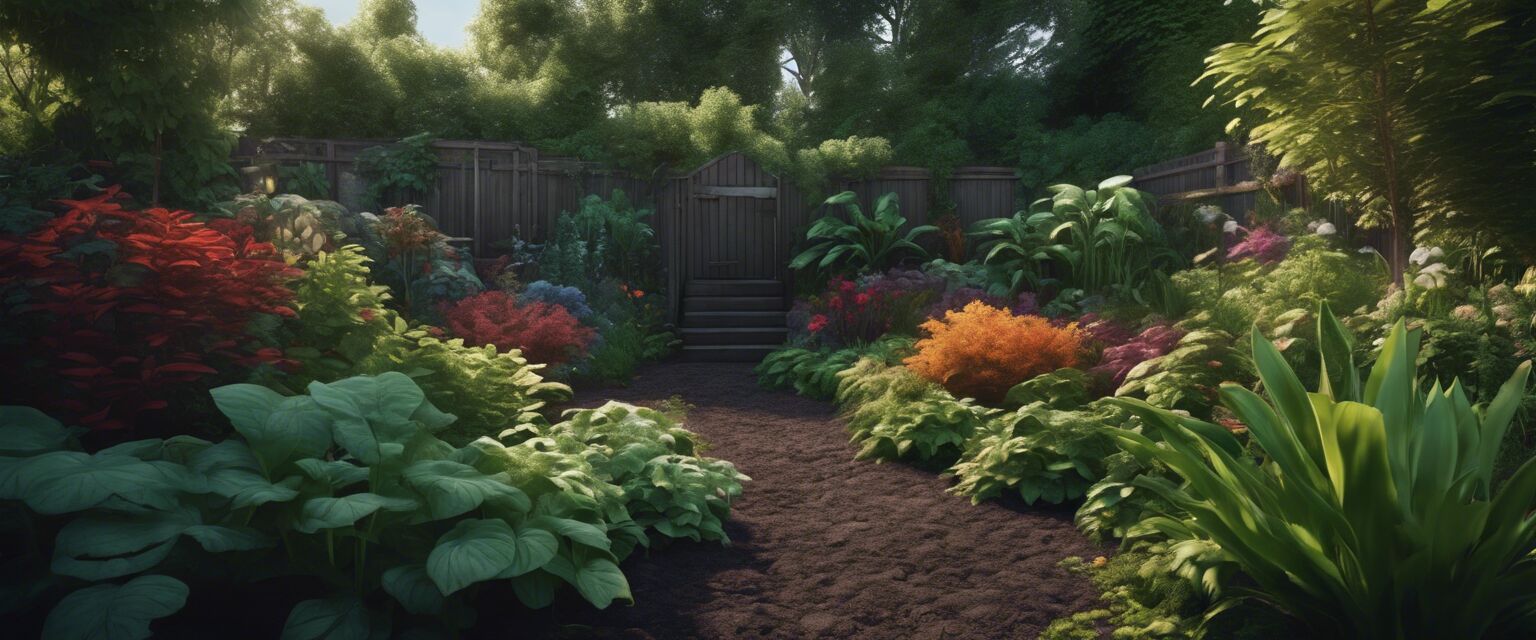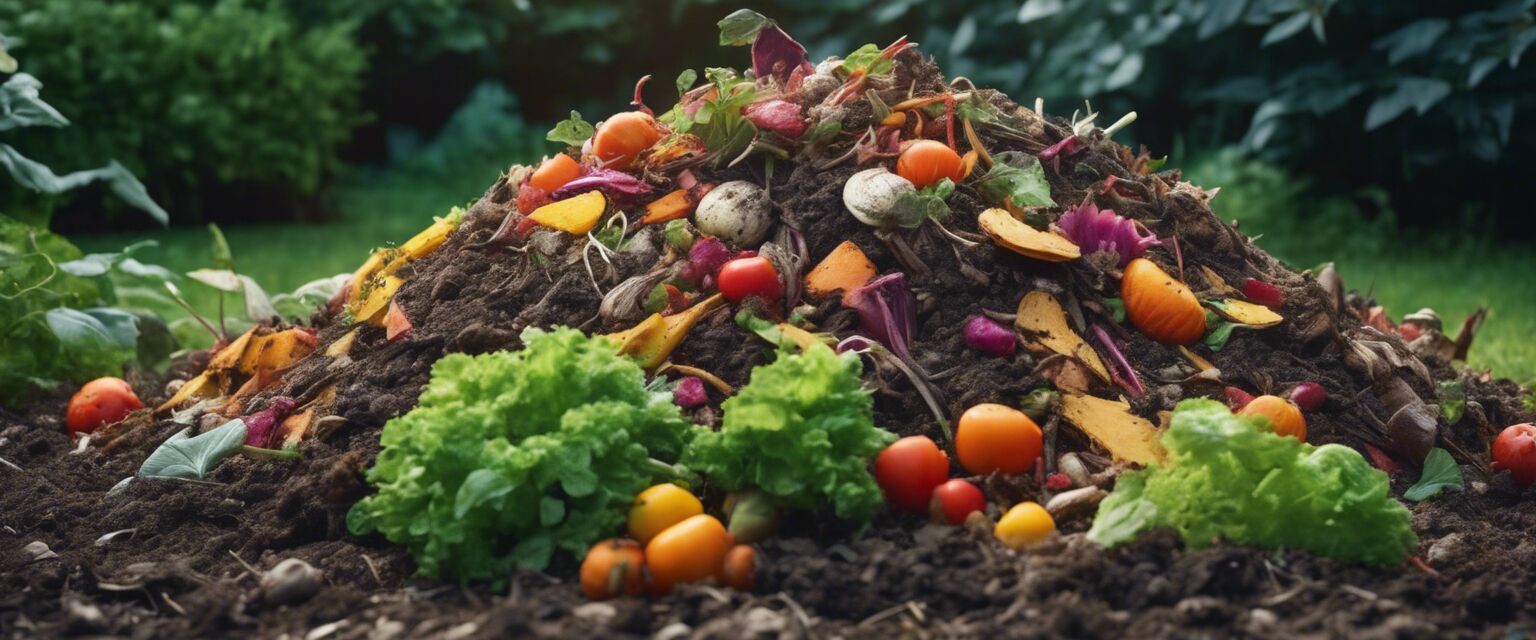
Composting Products Reviews
Key Takeaways
- Composting is an excellent way to recycle organic waste and create nutrient-rich soil.
- There are various composting products available, including bins, tumblers, and tools.
- Choosing the right composting product depends on your space, needs, and composting goals.
- Understanding the advantages and disadvantages of each type of product can help you make an informed decision.
Composting is an environmentally friendly practice that transforms organic waste into valuable compost, perfect for enriching your garden soil. With the right composting products, you can easily manage your composting efforts. In this article, we will review various composting products available in the market, including compost bins, tumblers, and accessories.
Understanding composting products
Composting products come in many forms, catering to different composting methods and preferences. Here, we will explore the main categories of composting products:
- Compost Tumblers
- Compostable Bags & Liners
- Composting Tools & Accessories
- Indoor Compost Bins
- Outdoor Compost Bins
- Worm Composting Kits
Types of composting products
1. Compost Tumblers
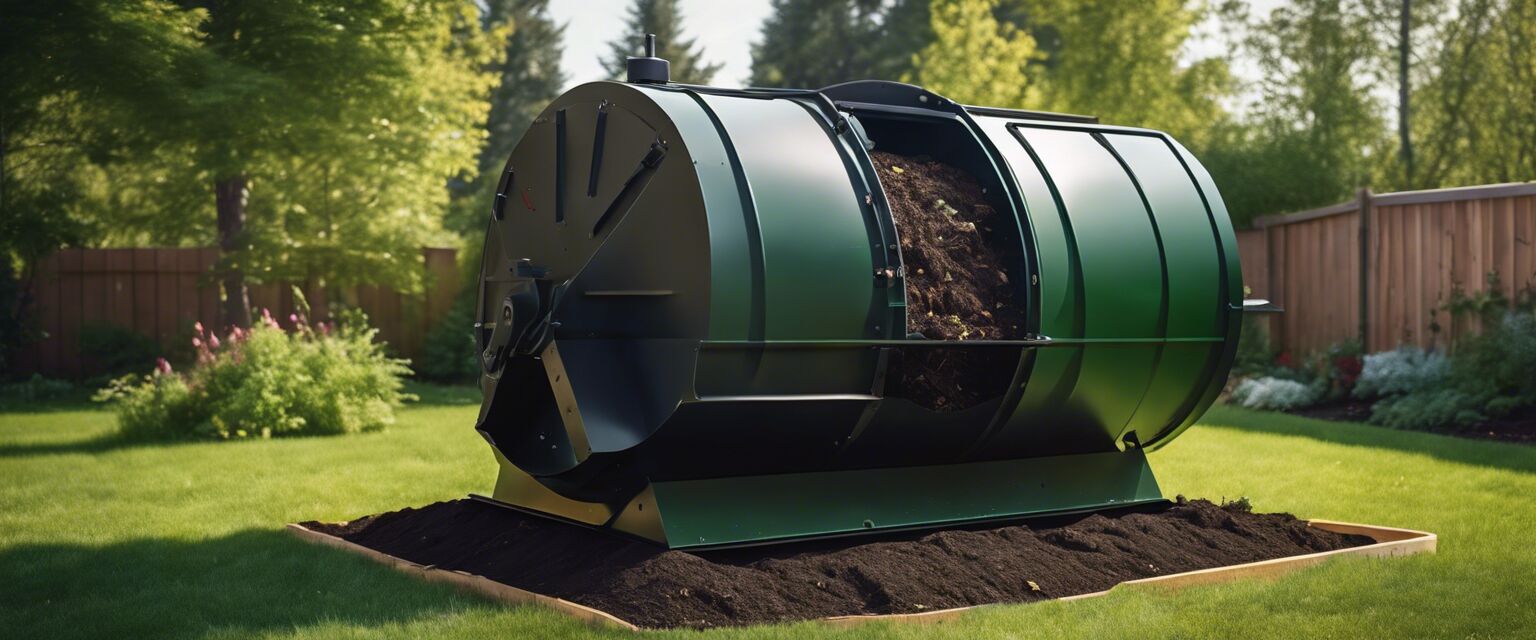
Compost tumblers are enclosed containers that provide an efficient way to compost. They rotate to mix the compost easily, accelerating the decomposition process. Here are the pros and cons:
Pros
- Speed up composting process
- Easy to turn and mix materials
- Enclosed design minimizes pests
Cons
- Can be more expensive than traditional bins
- Requires some space
2. Compostable Bags & Liners
These bags and liners are designed to hold organic waste until it can be added to the compost pile. They decompose along with the waste, making them an eco-friendly choice.
Pros
- Convenient for kitchen waste
- Reduces plastic waste
Cons
- May not decompose well in all composting systems
- Potentially higher cost than regular trash bags
3. Composting Tools & Accessories
Tools such as compost forks, aerators, and thermometers can make composting easier and more effective. Here are some essential tools:
- Compost fork
- Aerator
- Compost thermometer
- Shovel
These items help you manage your compost more efficiently.
4. Indoor Compost Bins
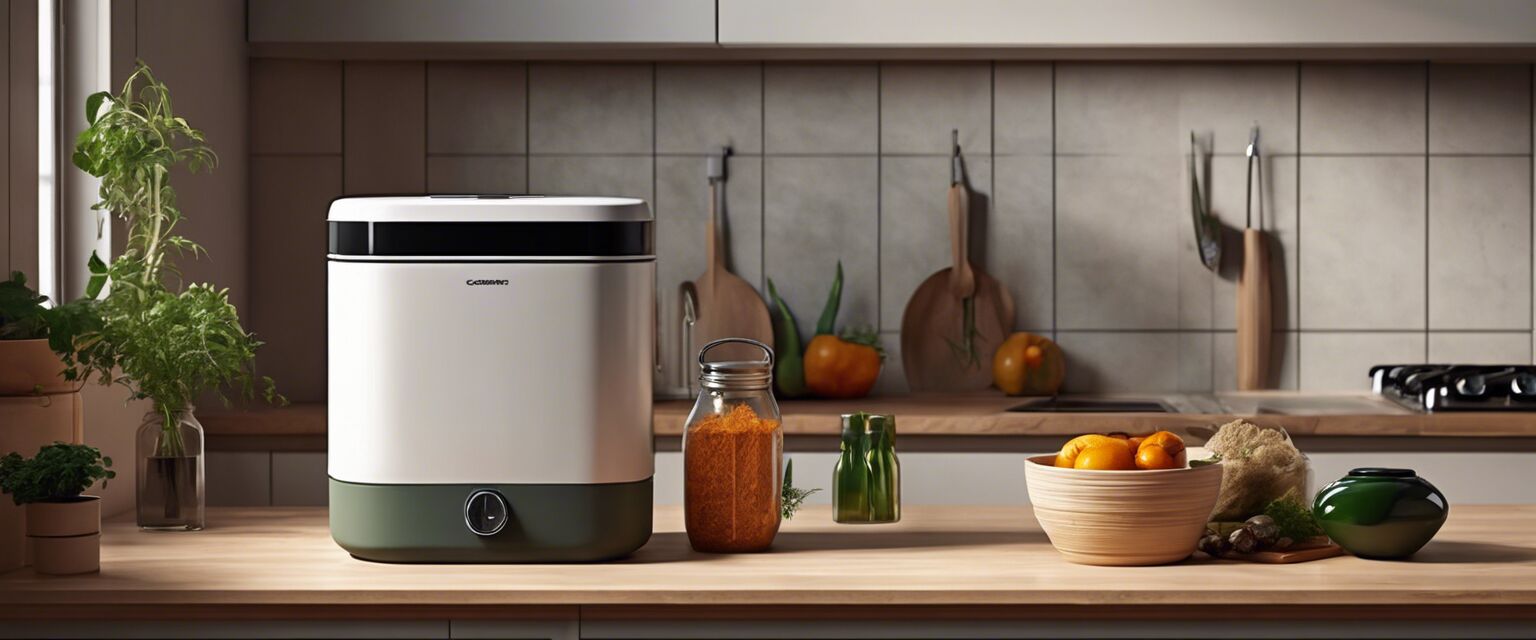
Indoor compost bins are compact and designed for kitchen use. They allow you to collect kitchen scraps conveniently. Pros and cons include:
Pros
- Compact size for limited spaces
- Encourages composting in urban areas
Cons
- Limited capacity
- May require regular emptying
5. Outdoor Compost Bins
Outdoor compost bins are larger and designed to handle significant amounts of organic waste. They can be made from various materials, including plastic, wood, or metal. Hereâs a comparison table:
| Type | Material | Capacity | Pest Resistance |
|---|---|---|---|
| Plastic Bin | Plastic | Up to 80 gallons | High |
| Wooden Bin | Wood | Up to 100 gallons | Medium |
| Metal Bin | Metal | Up to 60 gallons | High |
6. Worm Composting Kits
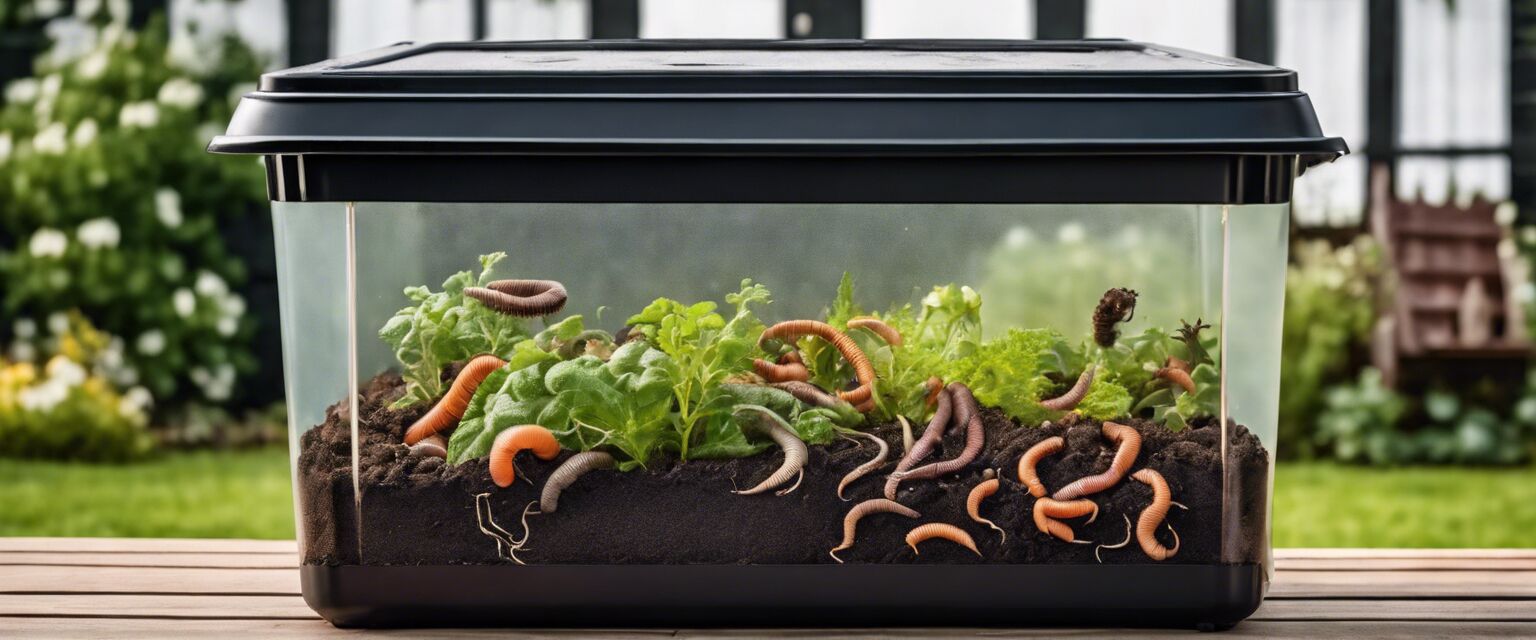
Worm composting, or vermiculture, uses worms to decompose organic waste. The result is nutrient-rich worm castings. Here are the pros and cons:
Pros
- Produces high-quality compost
- Great for small spaces
Cons
- Requires specific care for worms
- Can be more complex to manage
Choosing the right composting product
Selecting the right composting product depends on your specific needs, space, and how much organic waste you generate. Consider the following factors:
- Space availability
- Type of materials you compost
- Your composting goals
- Budget
Conclusion
Composting is an effective way to reduce waste and create nutrient-rich soil. By choosing the right composting products, you can make the process easier and more efficient. Explore the different options available to find the best fit for your composting journey.
